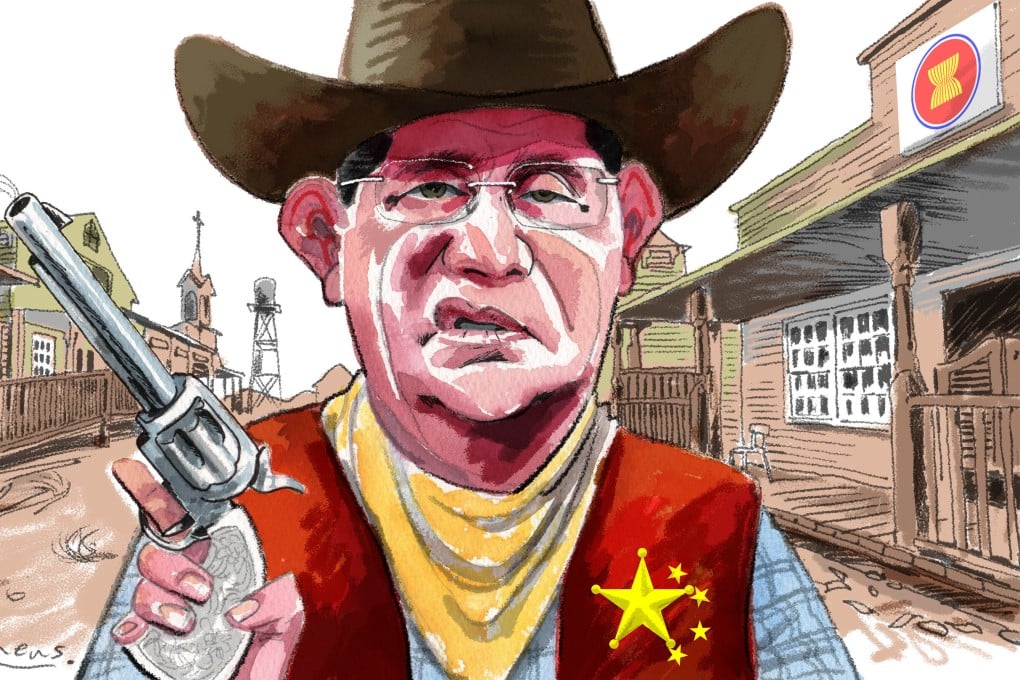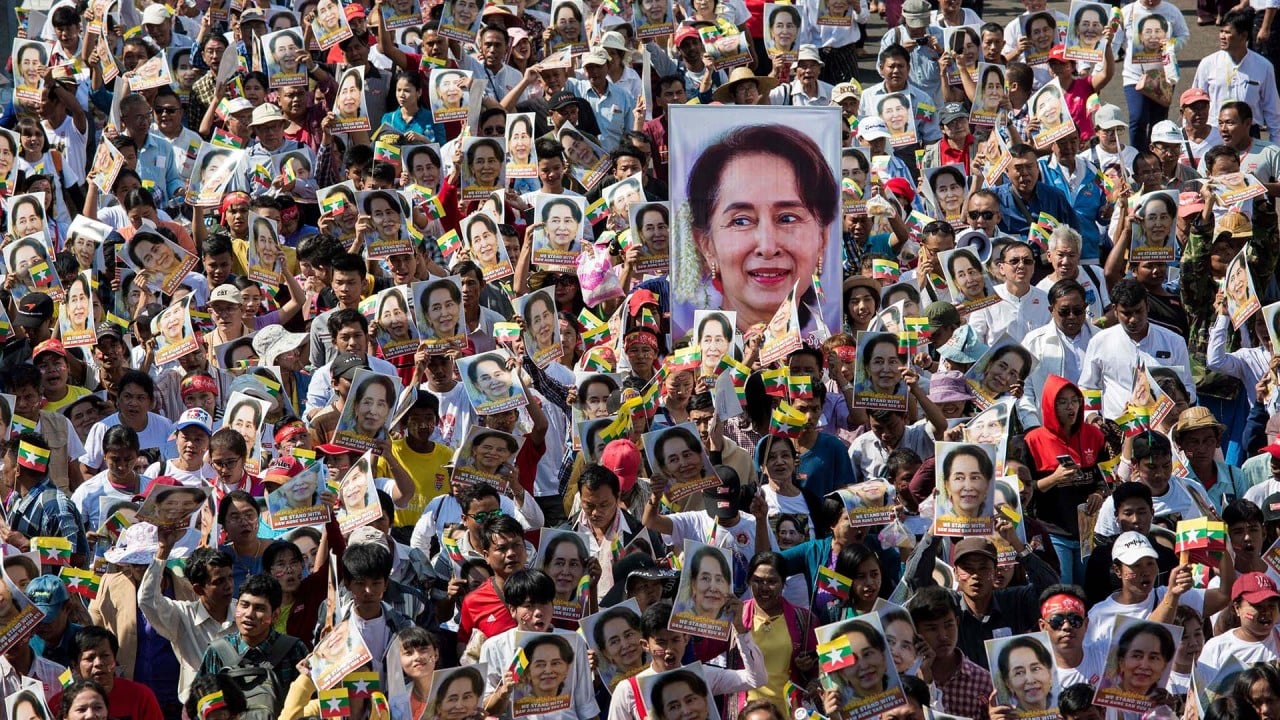Advertisement
Opinion | How Hun Sen’s ‘cowboy diplomacy’ risks returning Asean to crisis and division
- Hun Sen’s return as Asean chair has already sparked controversy after he unilaterally lifted the regional body’s sanctions against the Myanmar junta
- Given his previous tenure, he is likely to make full use of his powers to shape Asean’s priorities to fit China’s preferences
Reading Time:4 minutes
Why you can trust SCMP
6

“History never repeats itself, but it does often rhyme”, the great writer Mark Twain is credited as saying. In many ways, the same can be said about this year’s Asean chair, the Cambodian Prime Minister Hun Sen.
Advertisement
A decade ago, the strongman plunged the Association of Southeast Asian Nations into an unprecedented crisis after seeking to impose his agenda at the expense of the regional body’s ability to shape and manage regional challenges, namely the South China Sea disputes. The upshot was Asean’s failure to even issue a joint communique after a meeting for the first time in its history.
True to form, Hun Sen kicked off his rotational chairmanship of the regional body with characteristic “cowboy diplomacy” by unilaterally lifting Asean’s partial diplomatic sanctions against Myanmar’s junta. The move provoked outrage among core Asean states, leading to the postponement of the regional body’s first foreign ministers meeting this year.
While there are signs of a potential thaw within Asean, Hun Sen is widely expected to maximise his chairmanship privileges to shape the grouping’s stance on high-stakes issues from Myanmar to the South China Sea. Crucially, his chairmanship is expected to echo China’s strategic preference at the expense of the United States and its regional allies.
Asean is a ubiquitous element in Indo-Pacific affairs, yet few truly appreciate its complex dynamic of decision-making. In reality, the regional body is far from a monolithic organisation, having had its moments of glory as well infamy throughout the years.
When the regional body was led by forceful statesmen such as Singapore’s Lee Kuan Yew and Malaysia’s Mahathir Mohamad, it played a crucial role in stabilising post-conflict Cambodia and post-independence East Timor throughout the 1990s.

Advertisement

